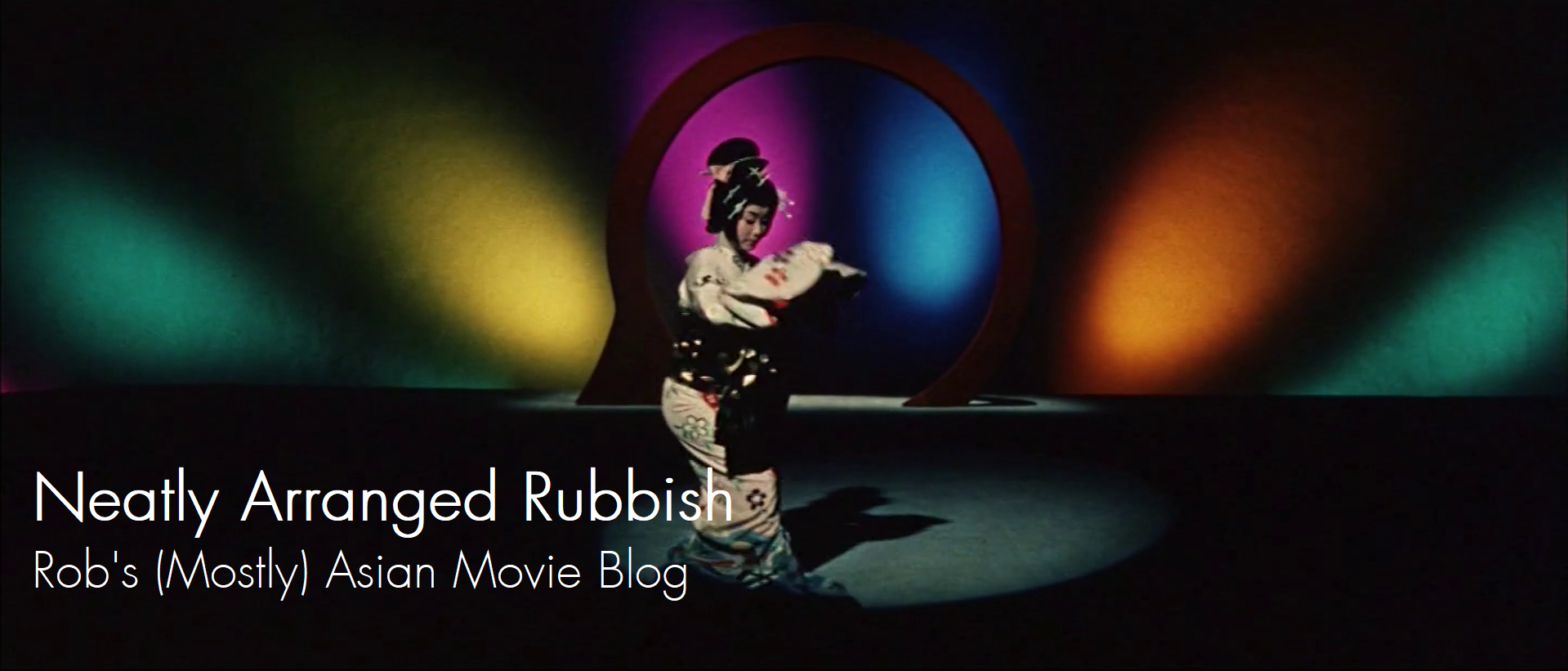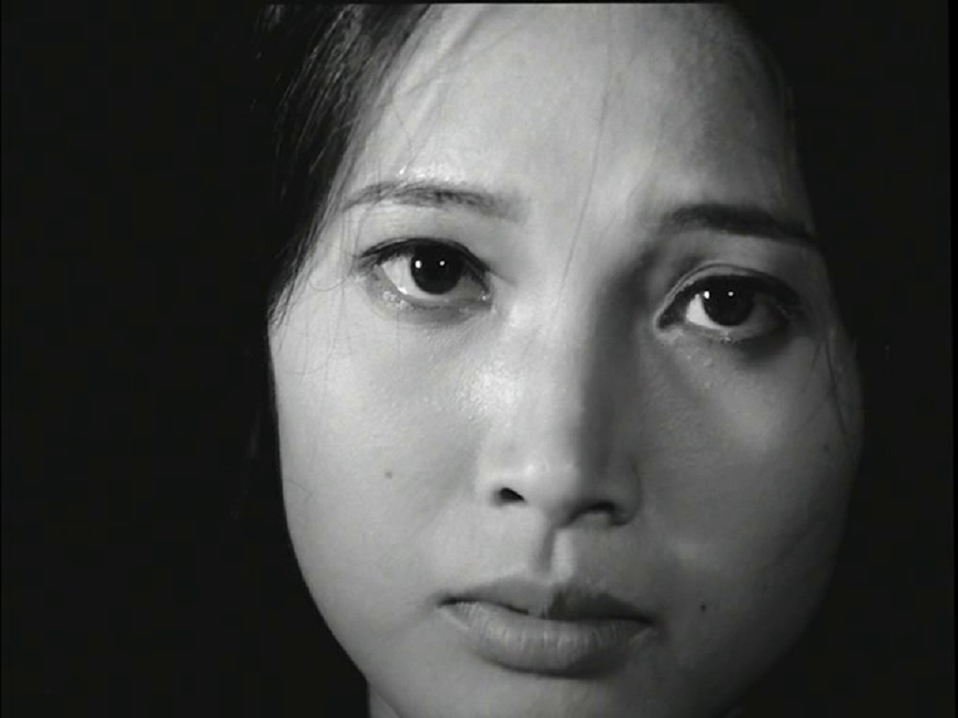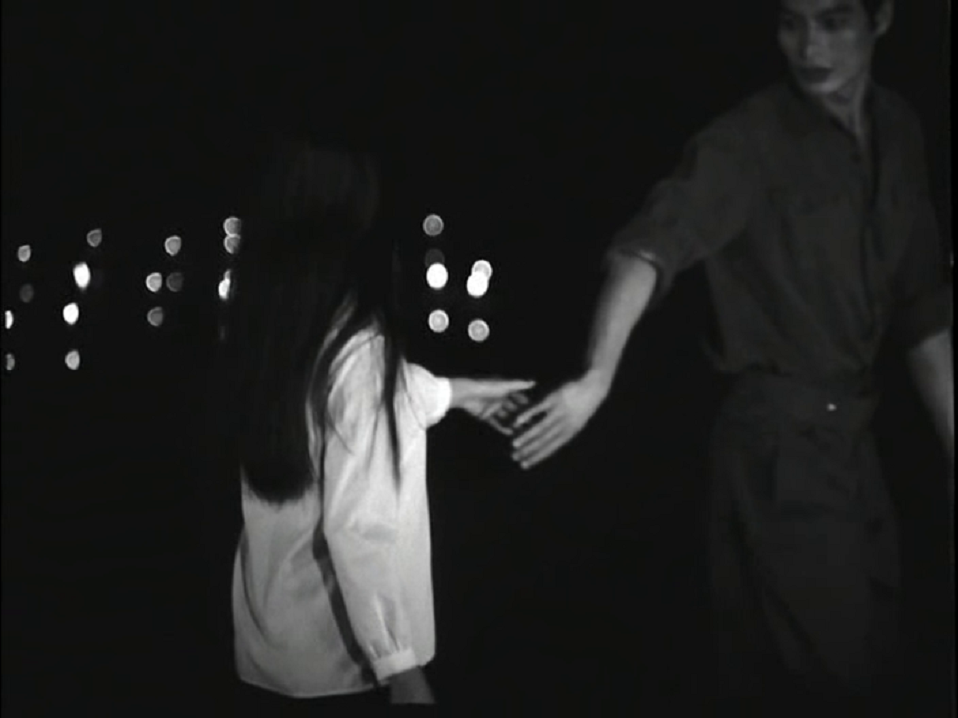Last Updated on September 29, 2020 by rob
In a small village housewife Duyen (Le Van) receives a letter informing her that her husband has died in battle. Unable to accept the truth Duyen persuades local poet Khang to write a letter in her husband’s name reassuring her infant son and ailing father-in-law that all is well. But after Khang reluctantly agrees to write further letters a personal message he sends to Duyen – in which he asks her to stop the charade and reveal the truth – is misinterpreted by the villagers as evidence of an affair between them. As ghostly visions of her husband haunt Duyen’s life her son suddenly discovers the truth when he hitches a ride to town with a group of soldiers. Back home Duyen must reckon with her father-in-law’s dying wish to see his son one last time.
The forlorn beauty of actress Le Van is front and centre in this touching portrait of a young widow unable to accept the fact of her husband’s death. The film reminded me of Eastwood’s Hereafter (2010) in that its character both desires above all else to speak to the dear departed and the film’s realistic tone gives way at certain points to fantastical visions of the deceased – the famous warrior who guards the local temple and who appears to Duyen, plus a visit to a ghostly market in which our heroine does indeed encounter her deceased husband – while leaving it up to the viewer to decide whether these visions are genuine or the product of a woman’s grief.
The small cast of characters are all effective but it’s Le Van who – whether recalling happier times in flashback or facing poignant daily reminders of the husband she’s lost -captures our sympathy. That, together with writer/director Nhat Minh’s humanist theme – his recognition that what’s gone is gone and that only the living can help each other through their grief (which is also of course what you got in Hereafter) – is what gives the film its impact. I also really liked that the subplot about Duyen’s father-in-law who desires to see his son one last time before he dies is resolved – not through any kind of ghostly apparition – but by a kindly soldier friend of Duyen’s husband taking his hand and sitting with him in his last minutes.
There’s a tenderness here reflected in Lan Nguyen’s b/w cinematography which brings a reflective, almost dreamlike, quality to Nhat Minh’s otherwise plaintive directorial style. That said, I was very taken by the slow motion ghost market sequence as Duyen finds herself wandering amidst the living and the dead. Sure enough she finds her husband but her happiness is brilliantly undercut through the visual conceit of having her unable to grasp her husband’s hand. It’s not the old cliché of the insubstantial ghost but something more subtle, this idea that the two simply cannot connect and it again speaks to the story’s key theme.



